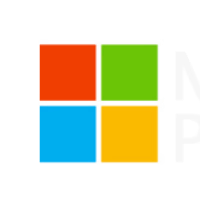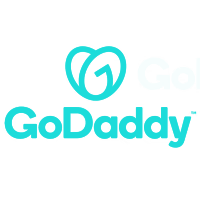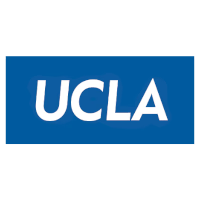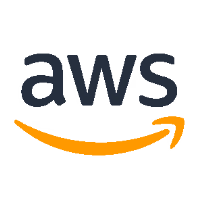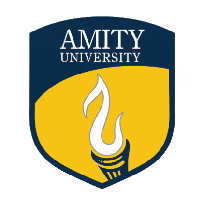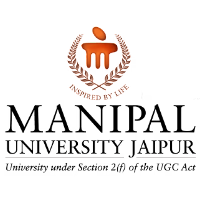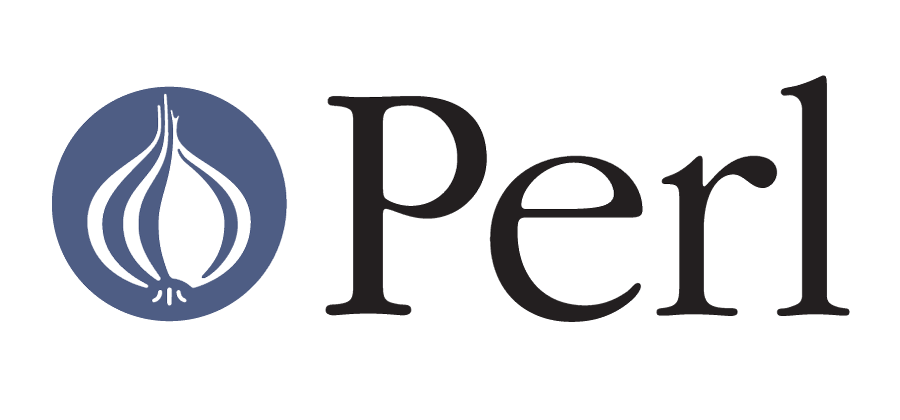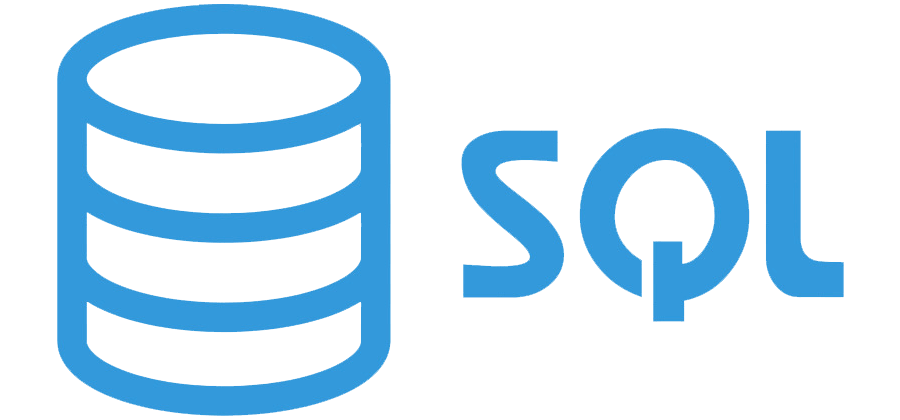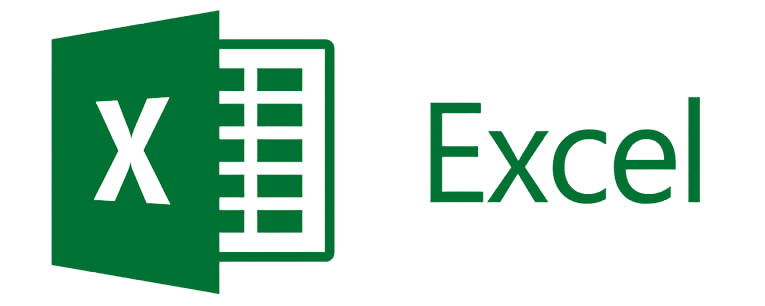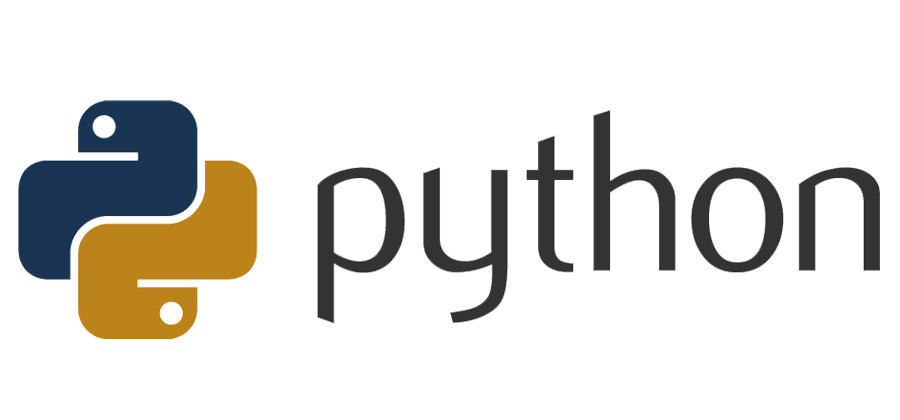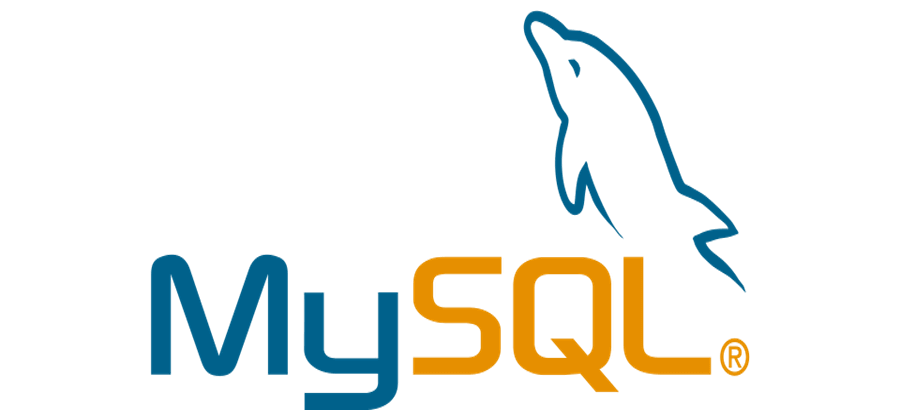- 6 Months
-
-
Data Science
-
Micro Degree
- PG Program in Data Science, Machine Learning & Neural Networks
- Applied Data Science with Python
- PG Program In Machine Learning
- PG Program In Machine Learning And Artificial Intelligence
- PG Program in Machine Learning and Natural Language Processing (NLP)
- PG Program in Machine Learning and Deep Learning
- PG Program in Data Analytics
- Advanced PG Program in Data Analytics
- PG Program in Business Analytics
-
Certificate Program
- Business Analytics with Tableau
- SAS Programming Beginner to Advanced
- Natural Language Processing: Machine Learning NLP In Python
- Deep Natural Language Processing (Deep NLP)
- Deep Learning and Neural Networks with Computer Vision
- Certificate Program in Tableau
- Certificate Program in Microsoft Power BI
- Complete Time Series Analysis using Python
- Applied Data Science with R
- Machine learning with R
- Scala Programming for Data Science
- Data Science Foundation
-
Micro Degree
- Software Development
- Data Engineering
- Ecommerce & Digital Marketing
- Management
- Degree Courses
- Undergraduate Course






